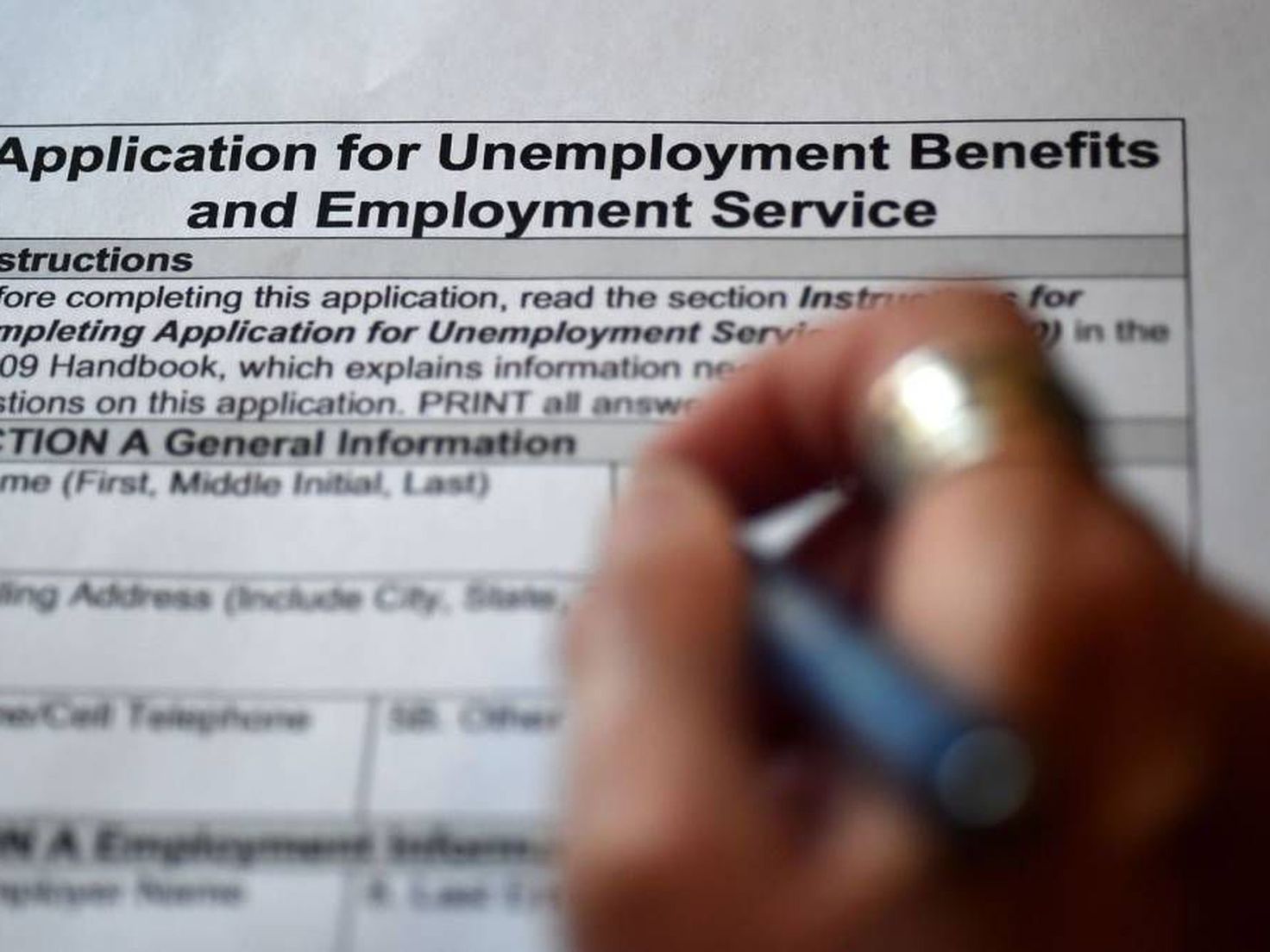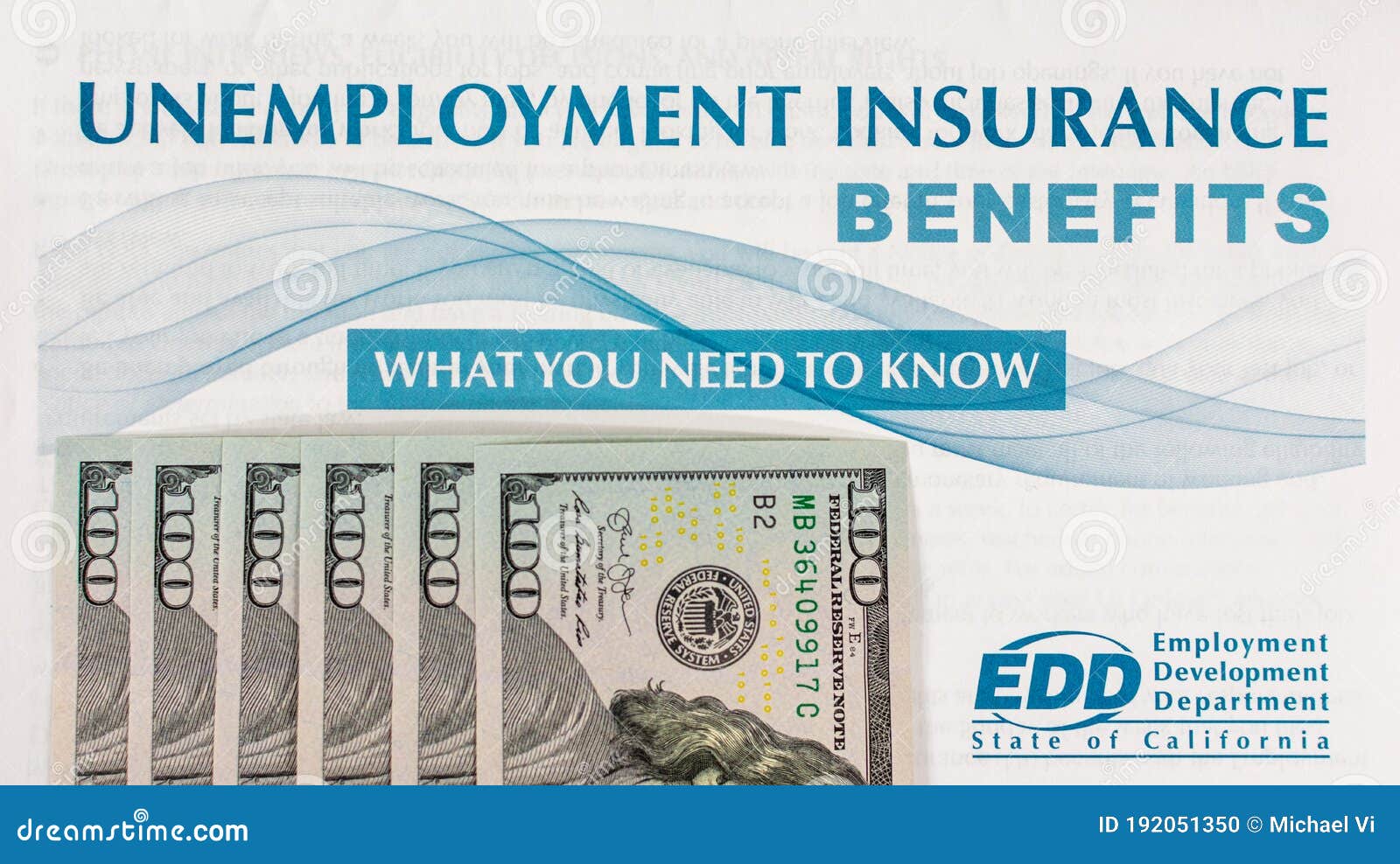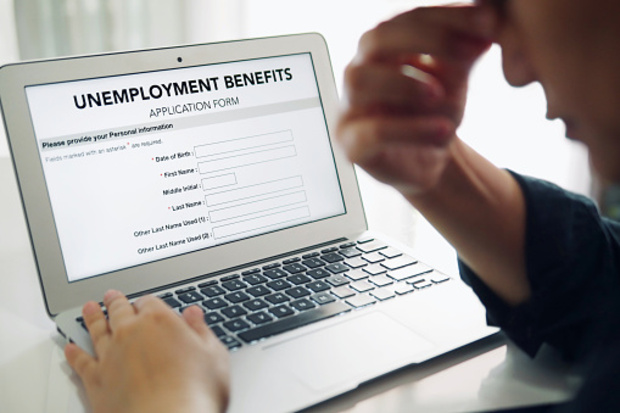Unemployment Insurance Benefits are financial benefits provided to workers who have lost their jobs through no fault of their own. The purpose of these benefits is to help these workers meet their basic needs while they search for new employment. In this article, we will provide you with everything you need to know about Unemployment Insurance Benefits.
What Are Unemployment Insurance Benefits?

Unemployment Insurance Benefits are temporary financial benefits that are provided to eligible workers who have lost their jobs through no fault of their own. These benefits are intended to provide a cushion of support during the time it takes for these workers to find new employment.
The amount of Unemployment Insurance Benefits that a worker is eligible for is determined by their previous earnings and the state in which they worked. In general, workers can receive up to 26 weeks of benefits in most states. However, some states may offer extended benefits depending on the economic conditions in the state.
Who Is Eligible for Unemployment Insurance Benefits?

To be eligible for Unemployment Insurance Benefits, a worker must meet certain criteria. These criteria vary by state, but generally include:
- Being unemployed through no fault of their own
- Having earned enough wages during the base period (the first four of the last five completed calendar quarters) to qualify for benefits
- Being able and available to work
- Actively seeking new employment
- Not being disqualified for any reason (such as quitting a job or being fired for misconduct)
How to Apply for Unemployment Insurance Benefits

To apply for Unemployment Insurance Benefits, workers must file a claim with their state’s unemployment agency. This can usually be done online, over the phone, or in person at an unemployment office.
When filing a claim, workers will need to provide information about their previous employer(s), their earnings during the base period, and the reason for their job loss. They may also be required to provide documentation such as their Social Security number, driver’s license, and proof of citizenship or legal residency.
After filing a claim, workers will need to continue to file weekly or biweekly claims to certify that they are still unemployed and actively seeking new employment. They may also be required to attend job training or other job search programs as a condition of receiving benefits.
Pros and Cons of Unemployment Insurance Benefits

Like any government program, Unemployment Insurance Benefits have both pros and cons. Here are some of the main advantages and disadvantages:
Pros
- Provides a cushion of financial support during a period of unemployment
- Helps maintain consumer spending and stimulate the economy
- Can prevent workers from falling into poverty or becoming homeless
- Encourages workers to actively seek new employment
Cons
- Can be expensive for taxpayers
- May disincentivize some workers from accepting lower-paying jobs
- Can be subject to fraud and abuse
- May create dependency on government assistance
Alternatives to Unemployment Insurance Benefits

While Unemployment Insurance Benefits are one option for workers who have lost their jobs, there are also other alternatives that may be available. Some of these include:
- Severance pay: Some employers offer severance pay to employees who are laid off or terminated.
- Savings: Workers who have savings may be able to draw on those funds while they search for new employment.
- Family support: In some cases, family members may be able to provide financial support during a period of unemployment.
- Government assistance: Workers who do not qualify for Unemployment Insurance Benefits may be eligible for other forms of government assistance, such as food stamps or housing vouchers.
Step-by-Step Guide to Applying for Unemployment Insurance Benefits
If you are considering applying for Unemployment Insurance Benefits, here is a step-by-step guide to the process:
- Determine if you are eligible: Review your state’s eligibility criteria to determine if you meet the requirements for Unemployment Insurance Benefits.
- Gather necessary information: Collect information about your previous employer(s), your earnings during the base period, and any other documentation required by your state.
- File a claim: Submit your claim online, over the phone, or in person at an unemployment office. Be sure to provide accurate and complete information.
- Certify for benefits: After filing a claim, you will need to continue to file weekly or biweekly claims to certify that you are still unemployed and actively seeking new employment.
- Attend job search programs: Depending on your state, you may be required to attend job training or other job search programs as a condition of receiving benefits.
FAQs About Unemployment Insurance Benefits
Q: How long does it take to receive Unemployment Insurance Benefits?
A: It varies by state, but most workers can expect to receive their first payment within 2-3 weeks of filing a claim.
Q: What happens if I am denied Unemployment Insurance Benefits?
A: You have the right to appeal the decision. Contact your state’s unemployment agency for more information ### Q: Can I work while receiving Unemployment Insurance Benefits?
A: In most cases, you can work part-time and still receive benefits. However, the amount of benefits you receive may be reduced based on your earnings.
Q: How long can I receive Unemployment Insurance Benefits?
A: Most states provide up to 26 weeks of benefits, but some states may offer extended benefits depending on the economic conditions in the state.
Q: Do I have to pay taxes on Unemployment Insurance Benefits?
A: Yes, Unemployment Insurance Benefits are considered taxable income and must be reported on your tax return.
Q: What if I move to another state while receiving Unemployment Insurance Benefits?
A: You will need to notify your state unemployment agency of your new address and register with the unemployment agency in your new state.
Q: What happens if I find a job while receiving Unemployment Insurance Benefits?
A: If you find a job while receiving benefits, you will need to report your earnings to your state unemployment agency. Depending on the amount of your earnings, your benefits may be reduced or discontinued.
Conclusion
Unemployment Insurance Benefits are an important safety net for workers who have lost their jobs through no fault of their own. By providing temporary financial assistance and support during the job search process, these benefits can help prevent workers from falling into poverty or becoming homeless.
While there are pros and cons to Unemployment Insurance Benefits, they remain an essential form of government assistance for workers in need. If you are considering applying for benefits, be sure to review your state’s eligibility criteria and follow the step-by-step guide provided in this article.
